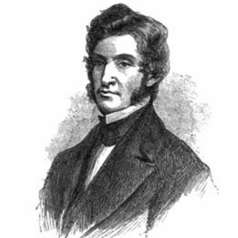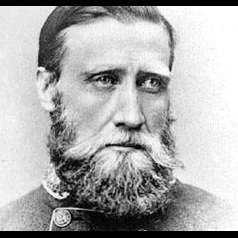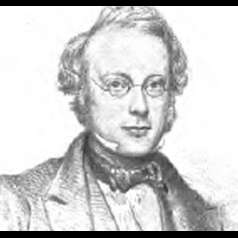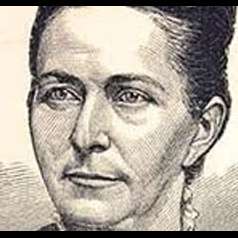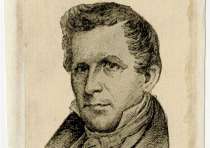
After Federal victories at Fort Henry, Fort Donelson, and Shiloh, Gen. Ulysses S. Grant set his sights on Vicksburg, Mississippi. Having gained strategic control of the major river systems through the state of Tennessee, he was determined to gain control also of the Mississippi River, cutting the Confederacy in two and severing one of their major supply and transportation routes. By this point in his campaign, however, his force had become encumbered with contrabands—runaway slaves. His first attempt to address the situation was simply to employ them as teamsters, laundresses, cooks, and hospital assistants. As the number of contrabands grew into the thousands, this method was no longer sufficient, prompting Grant to find a more permanent solution. Grant determined to establish a refugee camp at Grand Junction, Tennessee, and appointed Chaplain John Eaton, Jr., of the 27th Ohio Infantry, to oversee its organization and operations. New Hampshire-born John Eaton joined the Federal Army in 1861 after being ordained as a Presbyterian minister and moved with his regiment to Missouri and then the Mississippi Valley. He parted ways with his regiment in November 1862 when he received Grant’s directive to establish the refugee camp, receiving an appointment as General Superintendent of Contrabands the following month. Eaton set about appointing staff positions, though willing participants were sometimes hard to come by, and began providing for the refugees as best he could. Eaton saw to it that the refugees received shelter, food, clothing, protection, and work, and the camp eventually became self-sufficient. After establishing similar camps throughout the valley, Eaton received a commission as colonel of the 63rd United States Colored Infantry Regiment. He served in this capacity until he was appointed assistant superintendent of a district for the Freedman’s Bureau, which he held until his resignation in 1865. In the postwar years, Eaton dedicated himself to the establishment and advancement of a public education system.
Tools
Key Facts
- Presbyterian minister, appointed by Grant to establish contraband camp
- Received commission as colonel of the 63rd U.S. Colored Troops
- Became assistant superintendent of a district of the Freedmen's Bureau




